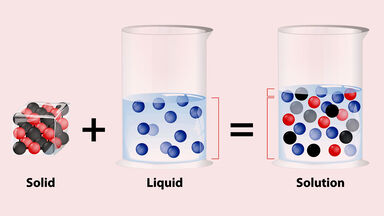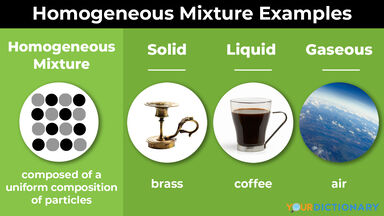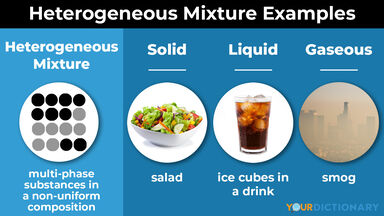Colloid Definition
kŏloid
colloids
noun
A system in which finely divided particles, which are approximately 1 to 1,000 millimicrons in size, are dispersed within a continuous medium in a manner that prevents them from being filtered easily or settled rapidly.
American Heritage Medicine
A solid, liquid, or gaseous substance made up of very small, insoluble particles (as single large molecules or masses of smaller molecules) that remain in suspension in a surrounding solid, liquid, or gaseous medium of different matter.
Webster's New World
The particulate matter so dispersed.
American Heritage Medicine
A state of matter consisting of such a substance dispersed in a surrounding medium: all living matter contains colloidal material, and a colloid has only a negligible effect on the freezing point, boiling point, or vapor pressure of the surrounding medium.
Webster's New World
The iodine-containing, gelatinous protein stored in the thyroid.
Webster's New World
adjective
Of, relating to, containing, or having the nature of a colloid.
American Heritage Medicine
Glue-like; gelatinous.
Colloid tumours.
Wiktionary
Other Word Forms of Colloid
Noun
Singular:
colloidPlural:
colloidsOrigin of Colloid
-
From French colloïde, from Ancient Greek κόλλα (kolla, “glue”) + -oid.
From Wiktionary
Find Similar Words
Find similar words to colloid using the buttons below.


